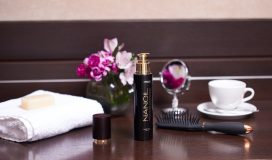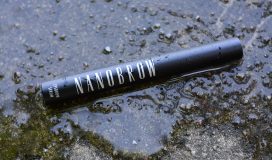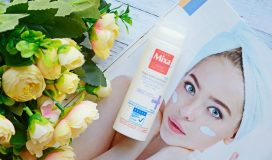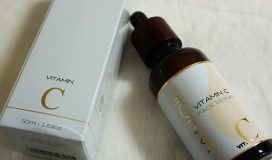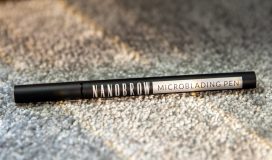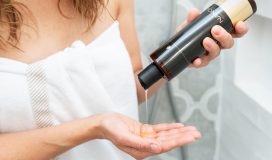Pain, itching, burning sensation are only some of the symptoms of AD, atopic dermatitis or atopic eczema. If you suffer from this condition, you must know what I mean. I’m sure you’re tired of it. Check how to tackle AD, learn its characteristics and effective treatments.
Are you going to become an atopic eczema patient?
Atopic dermatitis is quite rare but when it gets you, the symptoms really put you through it. Are you aware that adult atopic eczema patients make up 0.9-1.4% of world population? Too bad, the percentage is increasing and your child is likely to be affected. Atopic dermatitis affects 4.7-9.2% of toddlers. The highest morbidity rate is present among one-year-olds (60%). The majority of atopic eczema cases begin before the age of 5.
Causes of atopic eczema
The most common causes of atopic dermatitis include:
- genetic predisposition – genes connected with the structure of epidermis and regulating the functioning of immune system;
- immunity – improper reaction of immune system to various external factors;
- damaged epidermis barrier – wrong functioning of the lipids which affect the intercellular cement and the level of skin hydration;
- environmental factors – allergens, pollution, diet, lifestyle.
How to condition atopic skin?
In order to condition atopic skin, you must focus on improving its state first, keep the skin in shape as long as possible and upgrade the patient’s quality of life. The atopic skin-friendly ingredients you must try:
- emollients – giving an occlusive layer;
- substances which support the character of skin lipids;
- humectants – moisturisers;
- anti-itchiness and irritation-soothing substances;
- prebiotics, probiotics, mild antiseptic agents.
Easy-to-follow atopic eczema skin care routine
1. Daily Skin Care
Adult atopic eczema patients should take a quick shower using lukewarm water whereas kids having eczema should avoid shower sponges. The water temperature should be around 36 Celsius degrees, the air temp should be around 21-14 degrees. The water level should reach your thighs; use liquid products having neutral pH. After showering, gently dry your skin with a soft towel and apply an emollient. Throughout the day, regularly apply moisturisers not to allow for skin dehydration.
2. Skin Care Hacks
In the atopic skin care, go for various types of emollients: lightweight lotions, rich creams and emulsions which have thick formula. You should try applying them in layers: lighter products followed by richer formulas. If you often experience itching, burning sensation and other types of discomfort, put your skin products into the fridge. When you apply them to your skin, you’re going to feel pleasant chill and relief. If you happen to struggle with itchy skin, gently pat it – never scratch it.
3. Wet Compresses
They have a cooling, anti-inflammatory and anti-itchiness effect. They have a mechanical barrier protecting against the external factors and save your skin from scratching. On the other hand, wet compresses, which strongly cling to your skin, make the healing substances (usually steroids) quickly penetrate the layers of your skin. Both patients and health carers must be trained to be able to use them the right way.
4. Diet
Atopic dermatitis patients should eliminate IgE and IgG allergens in their diet. The menu must be free from foods intensifying irritation and skin dryness. Products containing artificial colourants and aromas as well as highly processed food aren’t recommended.
5. Supplements
Complement your diet with the following supplements: prebiotics and probiotics, vitamins A and D, fish oil, evening primrose oil. You must consult taking certain supplements with a doctor and remember they must go along with the medication you take.






